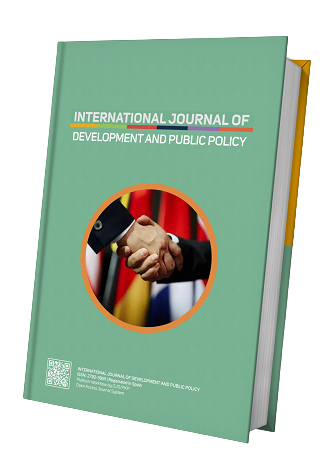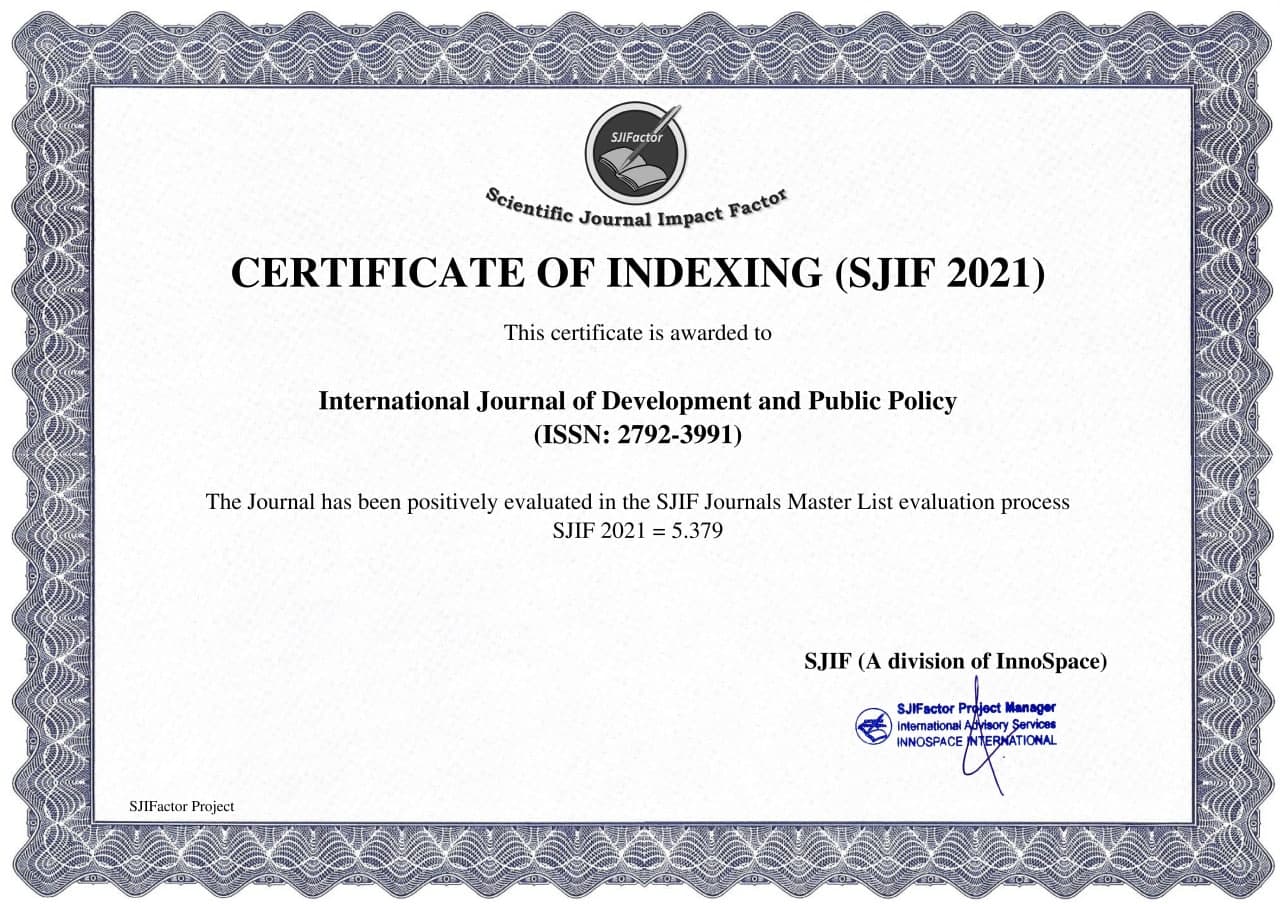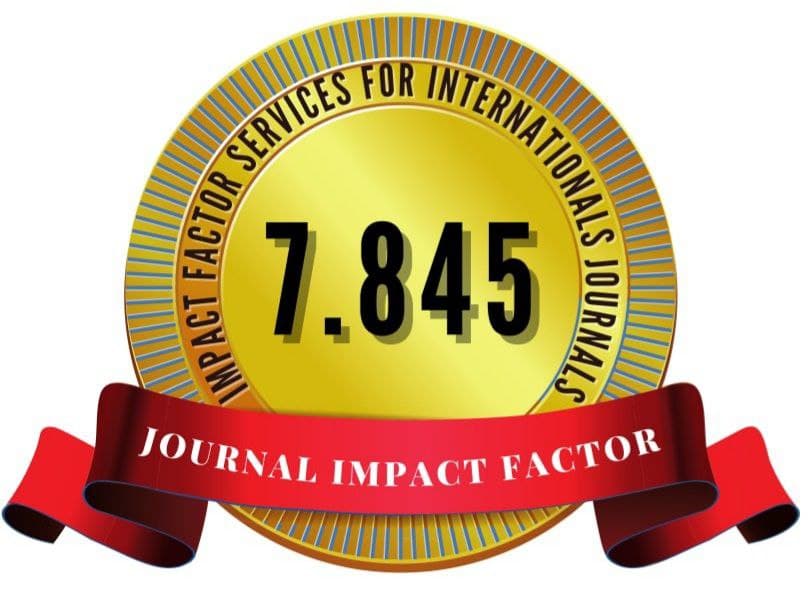Comparative Analysis of the Vocabulary of the Uzbek and English Languages for Methodological Purposes
Keywords:
linguistics, culture, competence, intercultural communication, lexical difficultyAbstract
Vocabulary is an integral and richest part of any language. In idioms we see historical signs of language formation, find unique features of culture and education, which significantly influenced the development of language. Idioms have an original character; it is very difficult to find analogues in the language of translation. For example, along with purely national idioms in English and Uzbek vocabulary, there are many international idioms that help to find appropriate meaning in translation. The phrase logical fund of any language is a complex conglomerate of native and borrowed idioms with a clear dominance of the first ones. Some idioms retain stylistic elements - representatives of previous eras, reflecting the priorities of the time. The phrase logical structure of Uzbek and English languages is very various, but has similar meaning. The considerable part of it is made by units with national and thematic semantics. In article in comparative aspect semantic properties of idioms of the Uzbek and English languages are considered.






